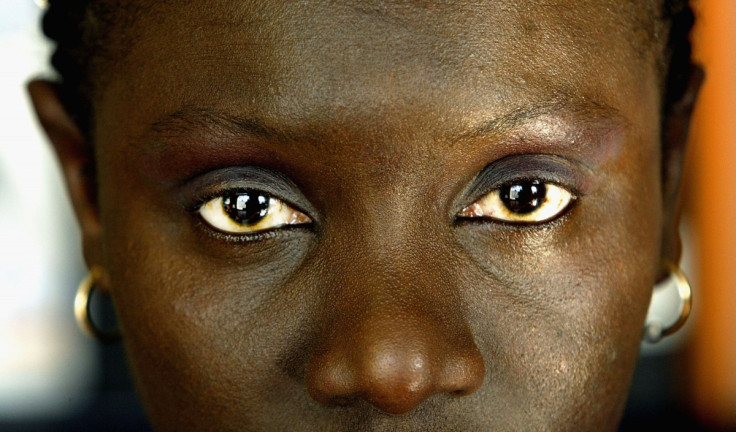Female genital mutilation is something that can and will end, but only by talking about it

The conversation about female genital mutilation (FGM) in the UK has over the last few years become a very public and political one. It seems there is not a day that passes without a leading political figure mentioning it or a major newspaper carrying an article on the issue. This is not something I knock, as I am honoured to have been part of the work alongside some amazing women to end FGM.
But for me it is now time to get personal and talk to those at the heart of the issue - girls.
Many of you may already know my story. I was 7 when I underwent FGM – unaware what was about to happen to me – and when I returned to the UK, I was 'othered'. I was told that my experience of FGM was somehow cultural and my pain and need for context was just a way of rebelling against that culture.
That experience, I can say, was more painful than the actual act of cutting and that is why we now need to ensure girls at risk – or who have been subjected to FGM already – are empowered and educated. When I say educated I am not talking about skilling young people up to deliver FGM sessions, but for them to know their rights and have the words to express their experience if and when they come forward.

On Monday (8 February), I will be walking into a classroom full of teenagers for the first time in six years to talk about FGM as part of a day where young people will have talks about this and other issues such as drugs, sexual and mental health. But this is just one school with a committed teacher and supportive head. These kind of sessions and support for young people should not just be for some – but for all.
It is time to give our children the support they need via PSHE in all schools across the country. FGM is something that can and will end, but that can only happen by talking about it and empowering young girls and boys. They are our best bet for getting to grips with this extreme abuse of children.
Today we have new data from UNICEF, which shows that we are finally making progress to end FGM in many countries where they have taken the steps of using legislation alongside education.
FGM is a global issue, which affects 200 million individuals, but countries such as Kenya, Liberia and Burkina Faso are getting it right and numbers of girls being cut are going down.
In 2014 I visited Burkina Faso, where children as young as six were talking about FGM in a safe space with their teachers and peers. I met girls who knew the right terms for their body parts and young men proud to stand up against the practice. The idea of not talking about FGM was alien to them.
Unlike in Indonesia, where half of the female population has been cut (60 million people), more than double the number for any other country in the world. Here, instead of protecting girls, its government has tried to 'legitimise' the act and enable it to be carried out by doctors.
When we empower young people they are able to not just defend their rights, but they are also able to support those around them.
In Europe, the UK has by far the highest number of girls and women who have undergone FGM. Figures from Equality Now and City University stated that are 137,000 people affected by FGM, living in England and Wales. Southwark in London has the highest national prevalence with an estimated 4.7% of women affected. Outside London, the highest estimates were for Manchester, Slough, Bristol, Leicester and Birmingham.
The report goes on to highlight the reality that British survivors have known – that no local authority area is likely to be free from FGM entirely. Most of those affected are just regular girls and women – people that you will know and meet every single day.
If you are worried that a child may be at risk of FGM, you can contact the 24 hour NSPCC helpline anonymously on 0800 028 3550.
Nimco Ali is a British Somali feminist, social activist and prolific social media commentator. She is co-founder and director of Daughters of Eve, a survivor-led organisation which has helped to transform the approach to ending female genital mutilation (FGM).
© Copyright IBTimes 2025. All rights reserved.






















